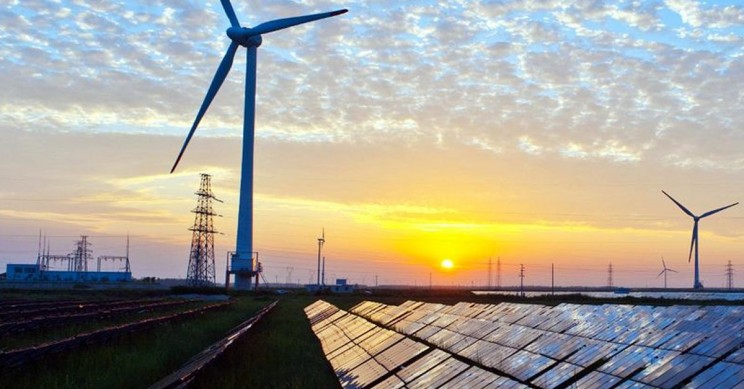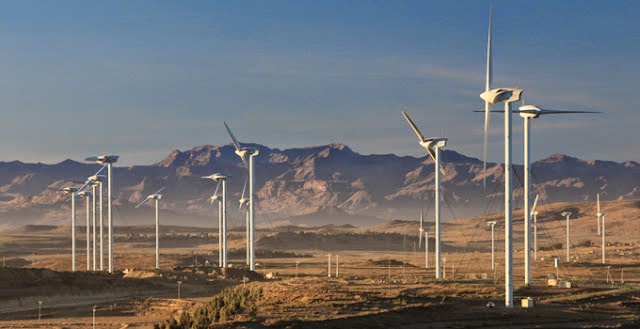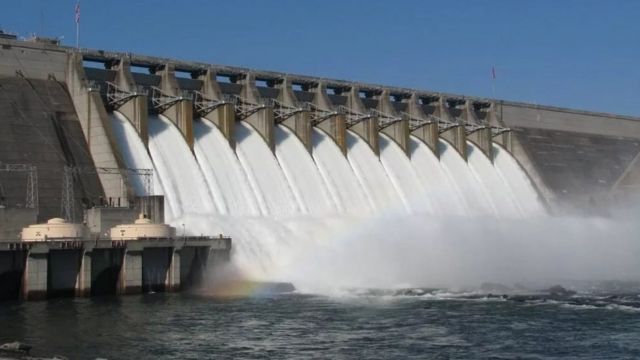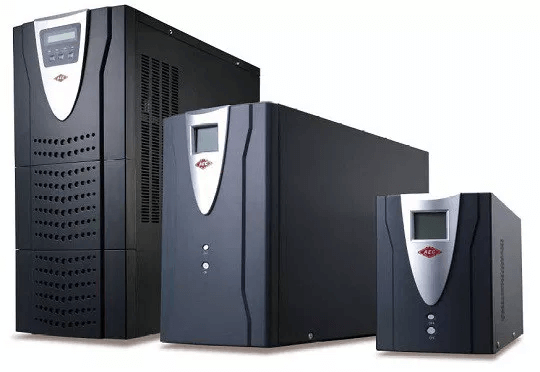
Many business owners find it hard to run their businesses effectively and efficiently due to the inadequate power supply in the country.
This problem has become one of the major problems in Nigeria as people find it hard to retain their customers and as such, would not be able to make good sales/profit at the end of the day.
However, all hope is not yet loss as we now have different technological innovations like alternative power sources to enable you to run your businesses efficiently and effectively, thus retaining your customers and more coming. You may want to know what this is all about, right? Let us guide you through it.
What are Alternative Power Sources?
Alternative energy refers to energy sources other than fossil fuels (such as coal, petroleum, and diesel) and includes all renewable and nuclear energy sources. Just as the name implies, they are those power supply systems that gives you uninterrupted energy to power your devices or equipment, or building even when the main power goes off.
These power sources are divided into two, which are:
- Renewable energy source, and
- Non-renewable energy source.
Renewable Energy Source
A renewable energy source is any natural resource that can replace the main power source quickly and dependably. These energy sources are plentiful, sustainable, naturally replenished, and good for the environment.
The major types or sources of renewable energy are:
- Solar energy from the sun
- Wind energy
- Geothermal energy from the heat inside the earth
- Hydropower from flowing water
- Ocean energy in the form of a wave, tidal, current energy and ocean thermal energy.
- Biomass from plants
Non-renewable Energy Source
A non-renewable energy source is a source with a limited supply that we can mine or extract from the earth, and it’ll eventually run out.
These are formed over thousands of years from the buried remains of ancient sea plants and animals that lived millions of years ago. Most of these energy sources are “dirty” fossil fuels, which are generally bad for the environment.
The major types or sources of non-renewable energy are:
- Petroleum
- Hydrocarbon gas liquids
- Natural gas
- Coal
- Nuclear energy
However, our focus here is the renewable energy sources available in Nigeria which are; Solar, Wind, Hydrogen, and Biomass Energy Sources. Below, I will discuss them briefly to enable you to choose wisely the one that is suitable for your business.
1. Solar Energy

The main source of solar energy is the sun. It draws the energy of the sun by using collector panels to create conditions that can then be turned into a kind of power that can be used at homes and offices to supplement their electricity.
One of the problems of Solar is that while there is a huge amount of sunlight available, only certain geographical areas of the world get enough of the direct power of the sun for long enough to generate usable power from this source.
Secondly, its availability depends on the change in seasons and weather.
Also, it requires high initial investments for productive use as solar electricity storage technology has not reached its optimum potential yet.
2. Wind Energy

Wind power is gotten through the use of turbines to take available wind which enables it to turn, the turbines can then turn a generator to produce electricity. The new innovations that are allowing wind farms to appear are making them a more common sight.
Although, one of the disadvantages it has is that it requires high investment, and wind speed is also not uniform every time, which affects the generation of power.
Also, it is not completely good for all environments as it is starting to reveal an unforeseen ecological impact that may not make it an ideal choice.
3. Hydro Energy or Hydropower

Hydro energy is gotten from water which contains two-thirds of hydrogen and can be found in combination with a few other elements.
Once the hydro is separated, it can be used as a fuel for generating electricity.
Water (H2O) is the most common element available on earth and as such getting electricity through it wouldn’t be that difficult.
It is a superb source of energy and can be used as a source of fuel to power ships, vehicles, homes, industries, and rockets.
Also, it is completely renewable, can be produced on demand, and does not leave any toxic emissions in the atmosphere.
What many people are not aware of is that most of the cities and towns in the world rely on hydropower. Every time you see a major dam, it is providing hydropower to an electrical station somewhere. It is non-polluting, entails no waste or produces toxic gases, and is environment friendly.
The problems faced with hydropower right now have to do with the aging of the dams. Many of them need major restoration work to remain functional and safe, and that costs enormous sums of money.
4. Biomass Energy

Biomass energy is produced from organic material and is commonly used throughout the world. Chlorophyll present in plants captures the sun’s energy by converting carbon dioxide from the air and water from the ground into carbohydrates through the process of photosynthesis. When the plants are burned, the water and carbon dioxide are again released back into the atmosphere.
Biomass generally includes crops, plants, trees, yard clippings, wood chips, and animal wastes. Biomass energy is used for heating and cooking in homes and as a fuel in industrial production.
However, the collection of fuel involved drudgery. This type of energy produces a large amount of carbon dioxide into the atmosphere. In the absence of sufficient ventilation, while cooking indoor, fuels such as dung cause air pollution, which is a serious health hazard.
Moreover, unsustainable and inefficient use of biomass leads to the destruction of vegetation and hence degradation of the environment.
In addition to the energy sources above, one might also want to try;
5. UPS

A UPS is an Uninterruptible Power Supply that enables you to power your systems or equipment for a given period of time that the main power source fails.
A UPS is not to be seen as a generator, it is just a temporal power supply that turns on automatically when the main power goes off, which enables you to save some important files before going to either turn on your generator or before the main power comes up again.
UPSs are of different types and sizes which you can choose from depending on the number of devices and the amount of power they use, and the power capacity of the UPS.
Having put you through all of the above, you can see that you don’t have to wait until your business goes down or closes just because of inadequate power supply in the country. You definitely need an alternative power source to keep your business booming and soaring higher. Why not get one today and thank us later?
For a good quality and affordable energy source like solar and UPS, you can visit our website: https://techafri.com
